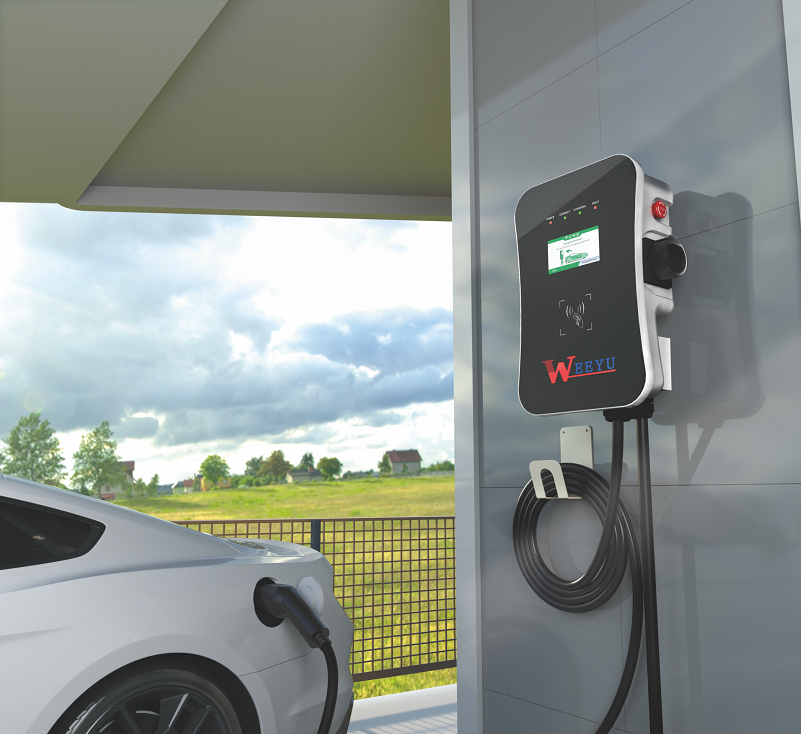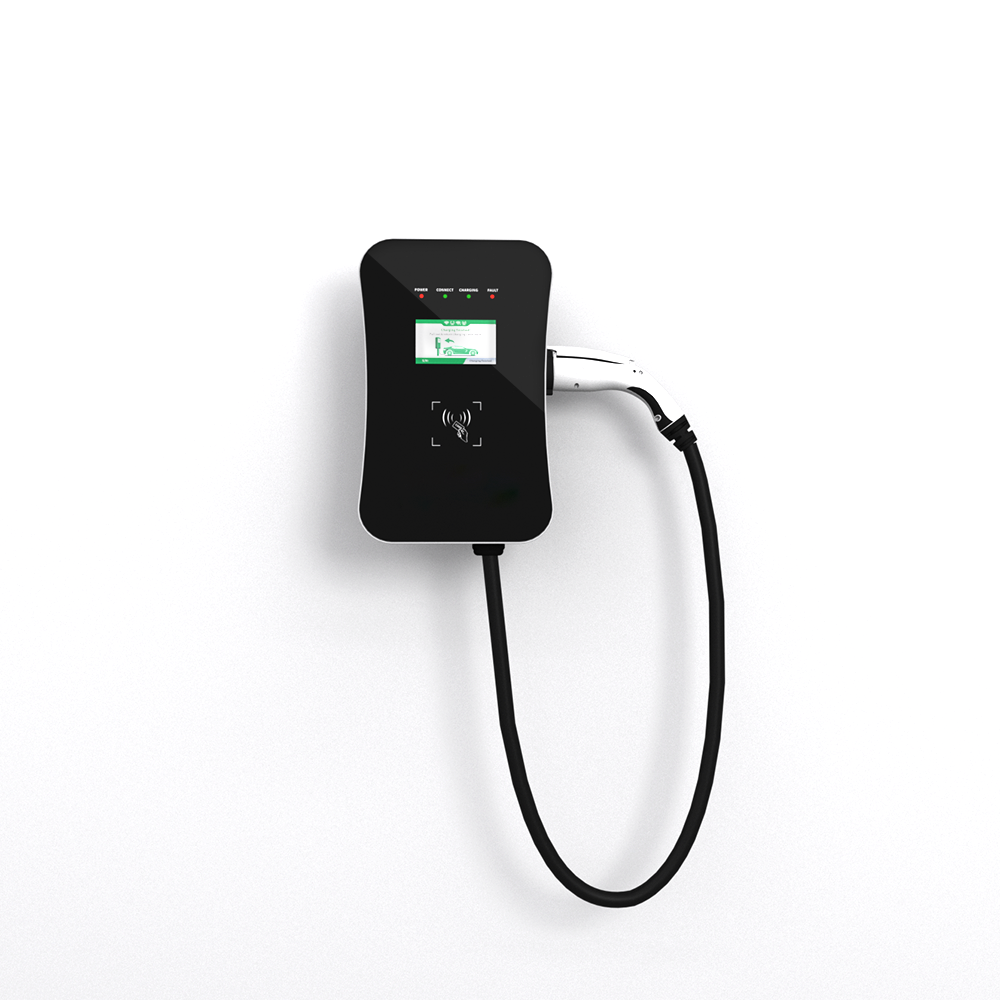Charging speed and time for EVs can vary depending on several factors, including the charging infrastructure, the EV’s battery size and capacity, the temperature, and the charging level.
There are three primary charging levels for EVs
Level 1 Charging: This is the slowest and least powerful method of charging an EV. Level 1 charging uses a standard 120-volt household outlet and can take up to 24 hours to fully charge an EV.
Level 2 Charging: This method of charging an EV is faster than Level 1 and uses a 240-volt outlet or dedicated charging station. Level 2 charging can take between 4-8 hours to fully charge an EV, depending on the battery size and charging speed.
DC Fast Charging: This is the fastest method of charging an EV and is typically found at public charging stations. DC fast charging can take as little as 30 minutes to charge an EV to 80% capacity, but the charging speed may vary depending on the EV model and the charging station‘s power output.
To calculate the charging time for an EV, you can use the formula
Charging Time = (Battery Capacity x (Target SOC – Starting SOC)) Charging Speed
For example, if you have an EV with a 75 kWh battery and want to charge it from 20% to 80% using a Level 2 charger with a 7.2 kW charging speed, the calculation would be
Charging Time = (75 x (0.8 – 0.2)) / 7.2 = 6.25 hours
This means that it would take approximately 6.25 hours to charge your EV from 20% to 80% using a Level 2 charger with a 7.2 kW charging speed. However, it’s essential to note that charging times can vary depending on the charging infrastructure, the EV model, and the temperature.
Post time: Mar-30-2023


